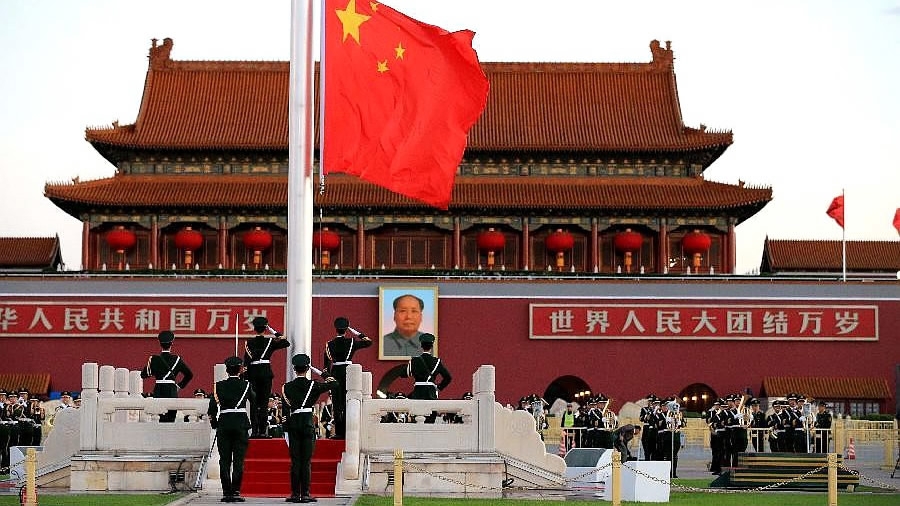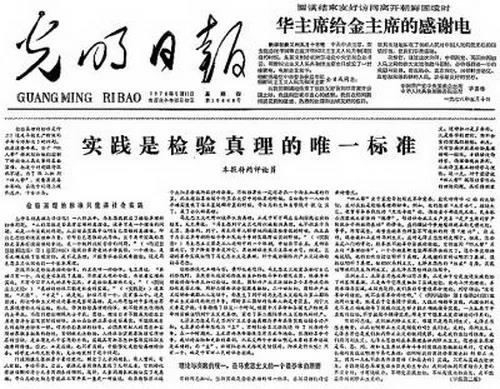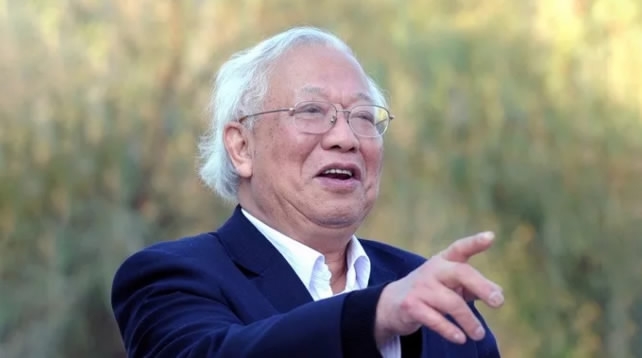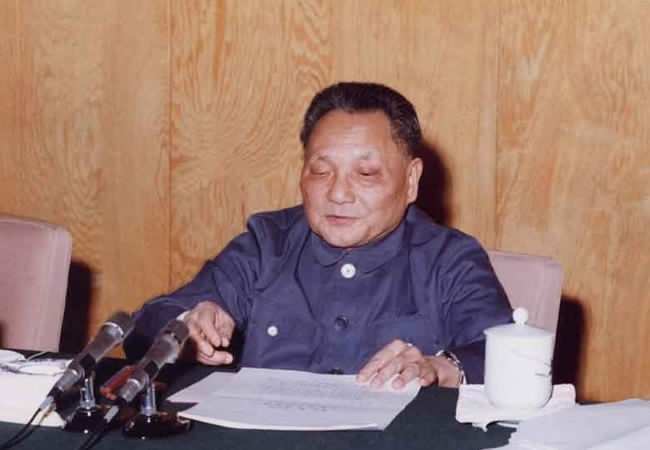
Politics
16:01, 12-May-2018
How a debate 40 years ago paves way for China's modernization
By Wang Lei

Year 2018 marks the 40th anniversary of the start of China's reform and opening-up – a landmark policy that transformed a poor country into the world's second largest economy. This could not have happened without a nationwide debate.
The debate was ignited in May 1978 after the release of a commentary in some leading media publications of China. Entitled "practice is the sole criterion for testing truth," the article criticized the principle of the "two whatevers," which some members of the leadership of the Communist Party of China (CPC) clung to. Under that principle, whatever decisions made by late leader Mao Zedong (1893-1976) must be upheld and whatever instructions given by him must be followed.

May 11, 1978: Guangming Ribao (Guangming Daily) publishes a commentary entitled "practice is the sole criterion for testing truth."
May 11, 1978: Guangming Ribao (Guangming Daily) publishes a commentary entitled "practice is the sole criterion for testing truth."
It was less than two years after the death of Mao and the end of the devastating Cultural Revolution (1966-1976) when the article was published. Launched by Mao, the Cultural Revolution was one of the darkest periods in China's recent history, during which the nation concentrated on "class struggle" rather than economic development and many officials were wronged and persecuted, including Deng Xiaoping (1904-1997), a vice premier who was removed from office in April 1976. The influence of the Cultural Revolution was still strong in 1978. On the other hand, there was a strong call for reform to improve people's livelihood after years of "class struggle"; there was also a call among senior Party officials for Deng to "resume work."
However, if the principle of the "two whatevers" was still applied and dogmatism was not abandoned, it would not be possible to emancipate people's minds and shift the country's focus to modernization – it would also be very difficult for Deng to make a comeback. A theoretical and political debate became inevitable.

A recent photo of Hu Fuming, the main author of the article of "practice is the sole criterion for testing truth." /Xinhua Photo
A recent photo of Hu Fuming, the main author of the article of "practice is the sole criterion for testing truth." /Xinhua Photo
Written by Hu Fuming, a lecturer at Nanjing University, the article of "practice is the sole criterion for testing truth" was published with the support of reformists in the CPC leadership. It soon sparked fierce controversy across the country. Deng vigorously supported the argument in the article, stressing that seeking truth from facts was the quintessence of Mao Zedong Thought and calling for a correct understanding of the thought as an integral whole. He explained to Party officials that the "two whatevers" did not accord with Marxism because the most fundamental principle of Marxism was the integration of theory with practice.
The debated ended in the reformists' favor, laying theoretical and ideological foundation for the Third Plenary Session of the 11th CPC Central Committee in December 1978, which was remembered as one of the most important turning points of China.
"As a matter of fact, the debate on the criterion of truth was an issue of ideological lines and an issue of politics," Deng, reemerging as one of the top leaders of the CPC, said at a preparatory meeting for the session. "It was an issue concerning the future and destiny of our party and country."
The historic session became the beginning of China's reform and opening-up, of which Deng is viewed as the "chief architect."

December 1978: Deng Xiaoping at the Third Plenary Session of the 11th CPC Central Committee. /Photo via People's Daily
December 1978: Deng Xiaoping at the Third Plenary Session of the 11th CPC Central Committee. /Photo via People's Daily
Since then, the CPC has been making theoretical innovations in accordance with the practice of China's reform and opening-up as well as changing domestic and international situations. The emphasis on practice is essential for the Party to keep pace with the times and press ahead with reform.
Xi Jinping, general secretary of the CPC Central Committee and president of China, announced that socialism with Chinese characteristics had entered a new era in his report to the 19th CPC National Congress last October.
"The era is the mother of thought; practice is the fount of theory," he said, urging the ruling party and the nation to "respond to the call of our times" and "uphold truth and correct errors."
In this new era, the principal contradiction facing Chinese society has become "the contradiction between unbalanced and inadequate development and the people’s ever-growing needs for a better life," according to Xi.
To achieve more balanced and adequate development nationwide, China has vowed to deepen reform and open its doors wider. Thus the spirit of the debate four decades ago, which encouraged practical efforts and the innovation of ideas, is still relevant in tackling today's challenges.

SITEMAP
Copyright © 2018 CGTN. Beijing ICP prepared NO.16065310-3
Copyright © 2018 CGTN. Beijing ICP prepared NO.16065310-3